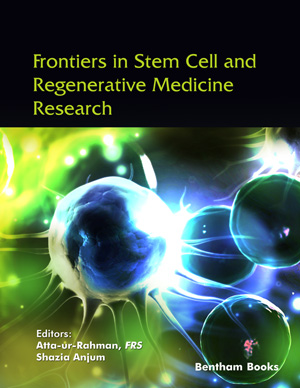Abstract
Hematopoietic stem/progenitor cells (HSPC) differentiate in the context of stromal niches producing cells of multiple lineages. Limited success has been achieved in the past with induction of hematopoiesis in vitro. Previously, spleen long-term stromal cultures (LTC) were shown to continuously support restricted hematopoiesis for production of novel dendritic-like cells (LTC-DC). An in vivo equivalent dendritic cell type was then described which is specific for spleen. The in vivo counterpart cell was termed ‘L-DC’ and represents a dendritic-like CD11cloCD11bhiCD8α-MHC-II- cell which differs phenotypically and functionally from monocytes/macrophages and conventional and plasmacytoid DC. Splenic stroma is now shown to maintain HSPC and to support their restricted in vitro differentiation to give this ‘L-DC’ subset. In order to characterise progenitors of this distinct cell type, LTC were analysed for cell subsets produced, and these subsets sorted and assessed for hematopoietic potential in subsequent co-cultures over STX3 stroma. Progenitors were defined as a lineage (Lin)-ckitlo subset reflecting HSPC. Furthermore, when Lin-ckithiSca1+Flt3- HSPC were sorted from bone marrow, they colonised splenic stroma with long-term production of L-DC. The maintenance of HSPC by splenic stroma was confirmed when non-adherent cells collected from LTC showed oligopotent reconstitution of the hematopoietic compartment of lethally irradiated mice. All data support a model whereby spleen houses a niche for HSPC in the resting state, with production of progenitors, and their differentiation to give tissue-specific antigen presenting cells.
Keywords: Dendritic cell, differentiation, hematopoiesis, hematopoietic stem cell, myelopoiesis, stroma.











